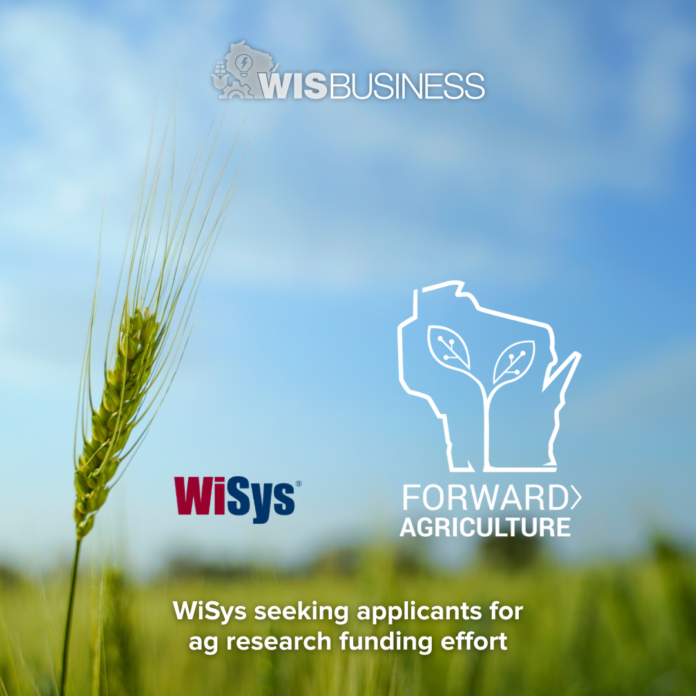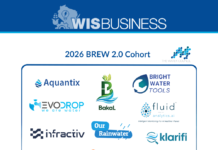WiSys is seeking applications for a research funding initiative, offering support to small businesses, nonprofits and scientists for agriculture-focused projects.
UWM Research Foundation President Jessica Silvaggi called for applicants to the Forward Ag: Use-Inspired R&D program in a recent post. She noted the effort aims to support “innovative agricultural research with real-world applications” in Wisconsin and elsewhere.
Program organizers are seeking applied research ideas pertaining to supply chain innovation, climate-smart farming, crop and livestock productivity, management of water or other resources, workforce development and other topics. Funded research projects are eligible for up to $80,000 in funding each.
“Projects should be early-stage, high-impact, and focused on creating practical solutions for Wisconsin’s agriculture and food sectors,” Silvaggi said.
The request for proposals comes from the WiSys-led effort called Wisconsin Forward Agriculture, which received a development award in 2023 from the National Science Foundation’s Regional Innovation Engines program. WiSys is the dedicated technology transfer for the Universities of Wisconsin comprehensive campuses.
An application portal notes the focus on solving challenges to achieve “meaningful economic and societal benefits” for the state. The funding is available for early-stage research and development and aims to help projects move toward commercialization or deployment, and ultimately bring new products and services to market.
“Teams are encouraged to propose bold, high-impact ideas — regardless of their current maturity — that could transform their field or region within a 10-year horizon,” authors wrote.
The initiative is looking for proposals that tie into the concept of circular agriculture, or leveraging ag waste and other byproducts into new sources of revenue for farmers and food processing companies.
That can include on-site collection and pre-processing, with applications in biomass conversion, as well as finding ways to use food and plant waste to develop new products such as natural dyes and biofuels. That could include discovering products, better ways to extract key materials, new business models for improving the economics of these practices and more.
Another priority topic for applicants is optimizing supply chain logistics, ranging from ways to build resilience to changes in weather, cost and other factors to data-based modeling of biomass availability for better coordination.
The request for proposals was published earlier this month, and applications are due by 5 p.m. Aug. 20. Awards will be announced in early September for projects starting in October and running through June 2026.
See more details here.







